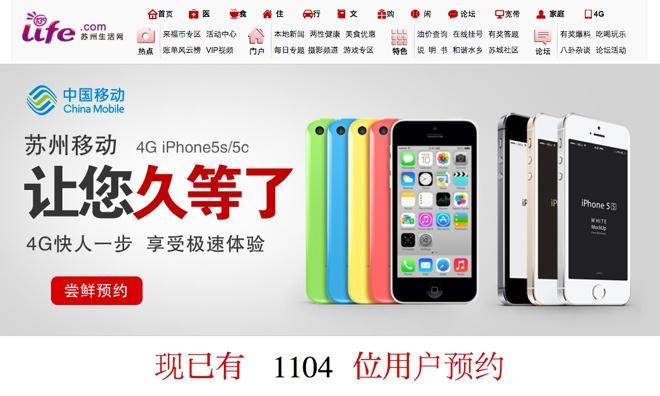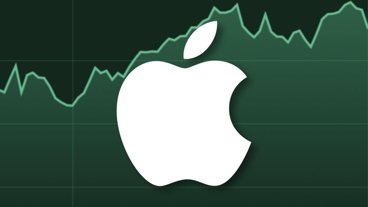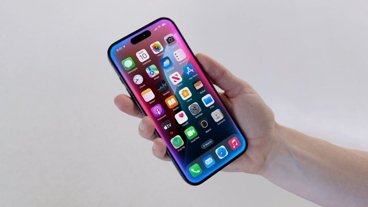With the iPhone just days away from arriving on China Mobile, analysts' relief at the long-rumored deal's consummation is paired with curiosity about what concessions Apple may have made to strike an accord with the world's largest wireless carrier.
The "details of the agreement (pricing, margin, etc) are unknown and, thus, we believe gross margin bears watching," Wells Fargo's Maynard Um wrote in a Wednesday morning note to investors that was provided to AppleInsider. Whispers of a pairing between Apple and China Mobile date back to 2008, and Um appears to believe the iPhone maker could have ceded ground on financial terms in order to finally secure the contract.
If Apple's margins — Â which the company forecasts to be between 36.5 percent and 37.5 percent for the current fiscal quarter — do decline as a result of the deal, there could be several possible explanations.
Apple may have simply agreed to discount all or a portion of the handsets sold by China Mobile in order to relieve the high cost of subsidizing the devices, a point of contention with other iPhone carriers in the past. Alternatively, the company could have acquiesced to a revenue sharing arrangement, similar to an agreement reached with Chinese search engine Baidu in 2012.
China Mobile's customer base, which generally skews toward a less-affluent demographic, could also opt for the lower-margin iPhone 5c over the more profitable iPhone 5s. Though the cheaper iPhone 5c retails for $100 less than the 5s, it reportedly costs Apple just $25 less to manufacture.
The margin issue aside, Um reiterated his belief that the China Mobile partnership will drive a significant overall boost in unit sales and may help to alleviate the iPhone's typical post-Christmas slump.
Piper Jaffray's Gene Munster, in a similarly-timed missive, expressed renewed confidence in the bank's own predictions after China Mobile Chairman Xi Guohua's remark that the carrier had received "several million" pre-orders for Apple's handsets. Munster previously forecast sales of 3 million iPhone units through China Mobile for the second quarter of 2014, adding an additional five percent to Apple's revenue for the year.
Overall, investors remain bullish on the pact's potential for Apple. Cantor Fitzgerald's Brian White believes China Mobile was "worth the wait" for investors, anticipating sales of between 20 million and 24 million additional devices in 2014. J.P Morgan's Mark Moskowitz pegs the number at a more conservative 2 million per quarter, while Cowen and Company's Timothy Acuri places his estimate at 20 million to 30 million.
 Shane Cole
Shane Cole







-m.jpg)






 Chip Loder
Chip Loder
 Wesley Hilliard
Wesley Hilliard
 Marko Zivkovic
Marko Zivkovic

 Christine McKee
Christine McKee
 Amber Neely
Amber Neely

 Malcolm Owen
Malcolm Owen








38 Comments
Fak....damned if you do...damned if you dont.
They can afford to discount it on the basis that the transport costs can't be up to much!
Jesus Christ. If there are any more conceivable ways to dump on Apple, I'm not interested.
Perhaps politically incorrect ( something Apple will certainly not admit ), but there is no reason to believe the appearance of iPhones at China Mobile is driven by anything more than what drove Verizon and DoCoMo to eventually support it: customer demand. The Carriers have never liked the iPhone ecosystem package, which interposed the iTunes store between them and their customers. Prior to the iPhone, carriers could mandate what and when their customers would see in cell phone feature/function. Conversely, they can control the Android ecosystem with imbedded apps and wrappers, and decide when upgrades are passed out to their customers (which is one reason only 2% of Android users are on the latest version, vs >80% of iOS users).
I'd like to know if any special deal was struck on the iOS App Store. Are apps censored? Are profits split with China Mobile? Are the App Store data centers located in China?